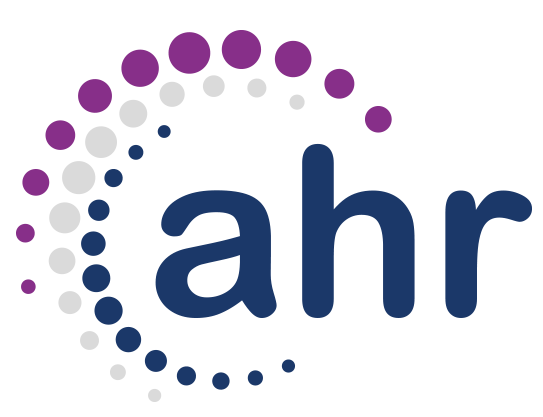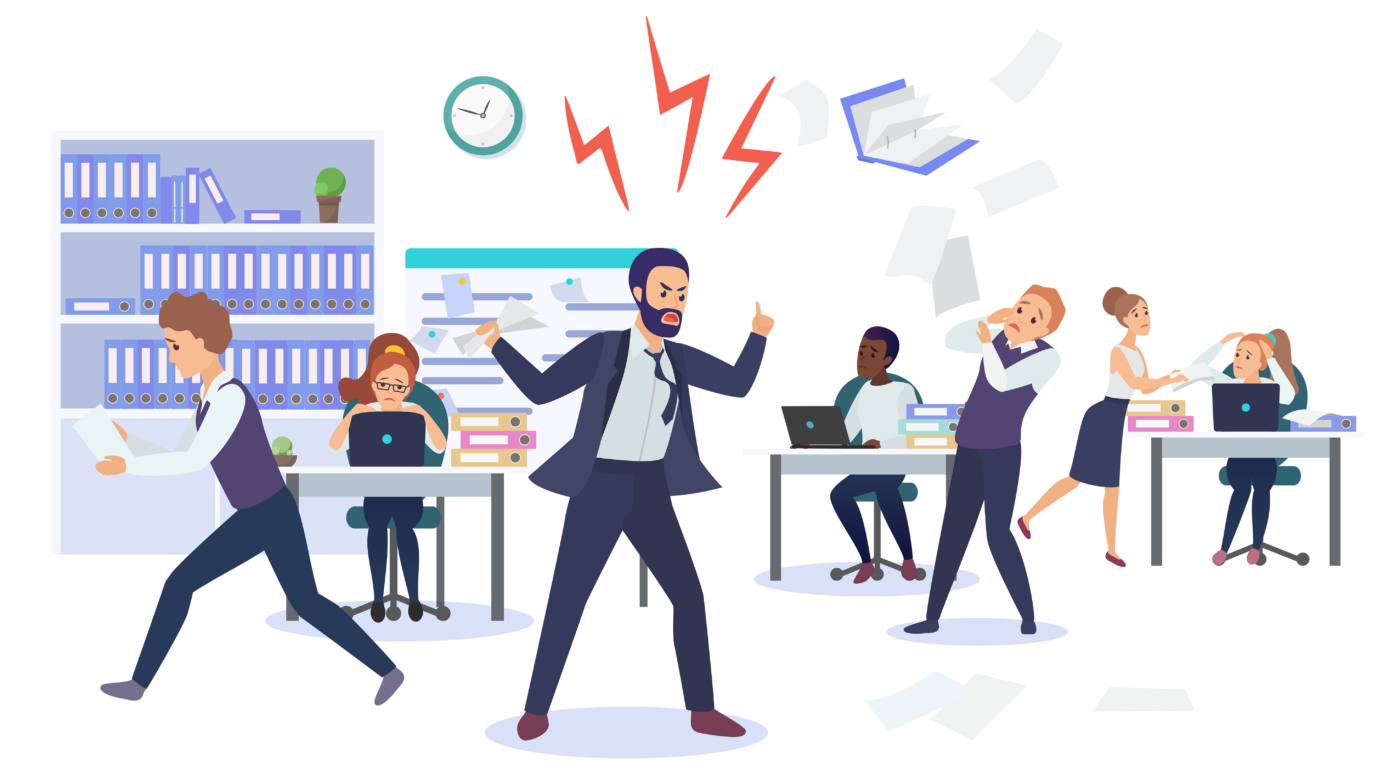Bullying, harassment and sexual harassment is, regrettably, still a feature in most work places.
Each person has a story to tell of the time when they were made feel “less than” by a colleague or manager. For some it may be a once off incident. For others, it is a repeated or daily occurrence to the extent that they become unwell, their physical and mental health suffers, and work performance becomes a problem.
Through our EAP service, people have presented with their own experiences of bullying, harassment or sexual harassment. While support at an individual level is vital, organisations can oftentimes struggle to find ways of dealing with the problem at a team and organisational level.
Services, supports and interventions are available to help deal with the problem at team and organisational level. Talk with one of our Occupational Health Psychologists to explore an approach which is meaningful for the problem presenting in your workplace.
Creating a Culture of Dignity
Each day about 15% of people in your workplace are consistently experiencing some form of bullying behaviour while at work
(Neilsen& Einarsen 2018).
The most recent comprehensive study here in Ireland has revealed that over 30% of the Irish workforce has either experienced, witnessed or perpetuated some form of bullying behaviour over the past two years
(Hodgins et al, IOSH 2017).
Organisations can struggle to find a meaningful way of addressing the problem. It is not unusual for organisations to:
- Ignore or make excuses for situations where they know or suspect that a culture of bullying may exist
- Rely on a culture of bullying to help it achieve organisational goals
- Feel helpless in situations where behaviours are difficult to capture and prove, or where interpersonal relationships have soured considerably.
Organisations can no longer rely a Dignity At Work policy to affect meaningful change.





